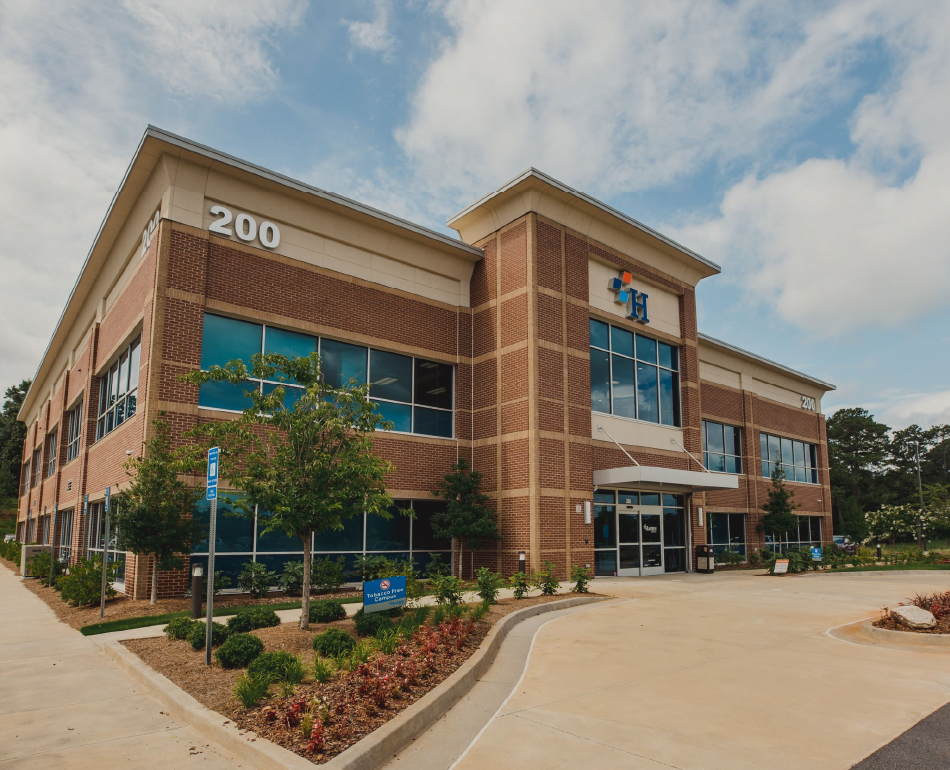Live Session
Improving Clinical Workflows Through Integration
Register NowTABLE OF CONTENTS


Imagine you head out of the office, eager to be off call. Somehow, you get an urgent call at 11:30 AM on Saturday from a patient seeking advice on whether or not he should go to urgent care for stomach pain.
He explained that he tried to call last night when the symptoms started, but the message went to voicemail, and he didn’t get a call back. Now, his pain has become concerning, so you advise him to go straight to the ER.
When the call is over, you’re stuck wondering why his urgent call didn’t get to the on-call provider last night. You also wonder how this call got to you when you’re off call.
Whether your practice is open or closed, missed calls are not a small problem. After studying 7,000 calls across 22 practices in 18 states, one medical consulting firm “found that medical practices miss 42% of incoming calls during business hours.”1
What about those after-hours calls? Are patient voicemails getting to the right inbox or on-call provider via a medical answering service, or are patients left guessing what to do?
Providers depend on efficient phone systems to maintain smooth operations, whether it’s a typical weekend or a three-day holiday closure.
Making an effort to prepare your practice for all occasions—whether operating hours are normal or altered due to a holiday—ensures proper patient care coverage.
Over the holidays, and even over normal weekends, an unprepared practice can face a number of stressful issues that impact providers and patients. This includes:
Live answering services may try to mitigate these issues, but without accurate call routing in place, it’s a recipe for negative patient and provider experiences. For more about this, read these five warning signs your answering service might be hurting your practice.
With those problems in mind, what can you do to effectively manage all of these patient calls?
Replace the live answering service
The live answering service is often seen as beneficial because it connects callers to a live agent. But these services have a number of common drawbacks, including:
Patients deserve better than a scripted, inefficient service that causes inconsistent, frustrating call-in experiences. Holidays often cause added stress on patients due to changing practice hours and even longer hold times.
See more about how The Harbin Clinic, a multi-specialty, multi-site physician group, replaced its live answering service solution and improved patient wait times by 90%.
Implement an efficient medical answering service
Prepping your practice for a holiday weekend means having a solution in place to handle inbound calls and route them to the right place.
A practice should be able to set up its voicemail tree and make changes as needed to quickly guide callers to their message destination. This will tell them who to call and what to do in both routine and emergency situations, ensuring high-quality processes for inbound patient calls while protecting provider and staff time.
Routing these calls to the appropriate provider requires intelligent technology. What happens if the provider covering first call misses the message? The phone system shouldn’t then disconnect the worried patient or send them to a voicemail inbox.
With an advanced answering service’s escalation capabilities, calls are routed to the right physician every time, and if a provider misses the message, the call is pushed to the next provider on call. The message can be transcribed into text so a provider can read the voicemail and determine if the message is urgent. Then, if they need to call the patient back, they can do it with one simple click.

What happens if a patient makes a non-urgent call? If they suddenly remember they need their prescription filled, there’s no need to wake the doctor up at 2 AM.
An advanced medical answering service can route this call to a voicemail flow and play the patient a pre-recorded message about how their request will be handled when the clinic opens for normal business hours.
This means providers only have to respond to urgent calls overnight, and they can be confident that messages are properly stored and their patient’s needs will be met in a timely manner.
Integrate rule-based scheduling software
Getting inbound calls to the right on-call provider requires an accurate schedule. Schedules built in Excel just won’t cut it when it comes to holidays and weekends that see a lot of changes in a short period of time.
With rule-based scheduling software that’s integrated with your medical answering service, changes are always reflected in real time. If a provider calls out or wants to make a swap with another provider, this can be done in a mobile app in just a few clicks.
The schedule will automatically update who the on-call provider is, which eliminates the risk of having gaps in call coverage.
After building call flows to educate patients and route calls to the proper destination, our 24/7 support is always available to address your concerns.
For example, if a doctor leaves early for vacation, inclement weather approaches, or you forgot to tell patients about the upcoming “our office is closed for Memorial Day” message, our 24/7 holiday support can:
Your answering service can drastically improve the patient call-in experience when it’s working efficiently to route calls to the correct provider during these “abnormal” times. With PerfectServe’s built-in support infrastructure, you’ll never be left stranded.
Like these practices, you too can say goodbye to inconsistent, frustrating call-in experiences. And with any holiday, you can reduce some of the inevitable stress that lands on providers and patients due to fluctuating practice hours. Simply put, your answering service should never be a limiting factor when it comes to providing the best care for your patients.
Want to prepare your practice for an upcoming holiday weekend? Contact us today to ask questions or to get started.
Sources:
